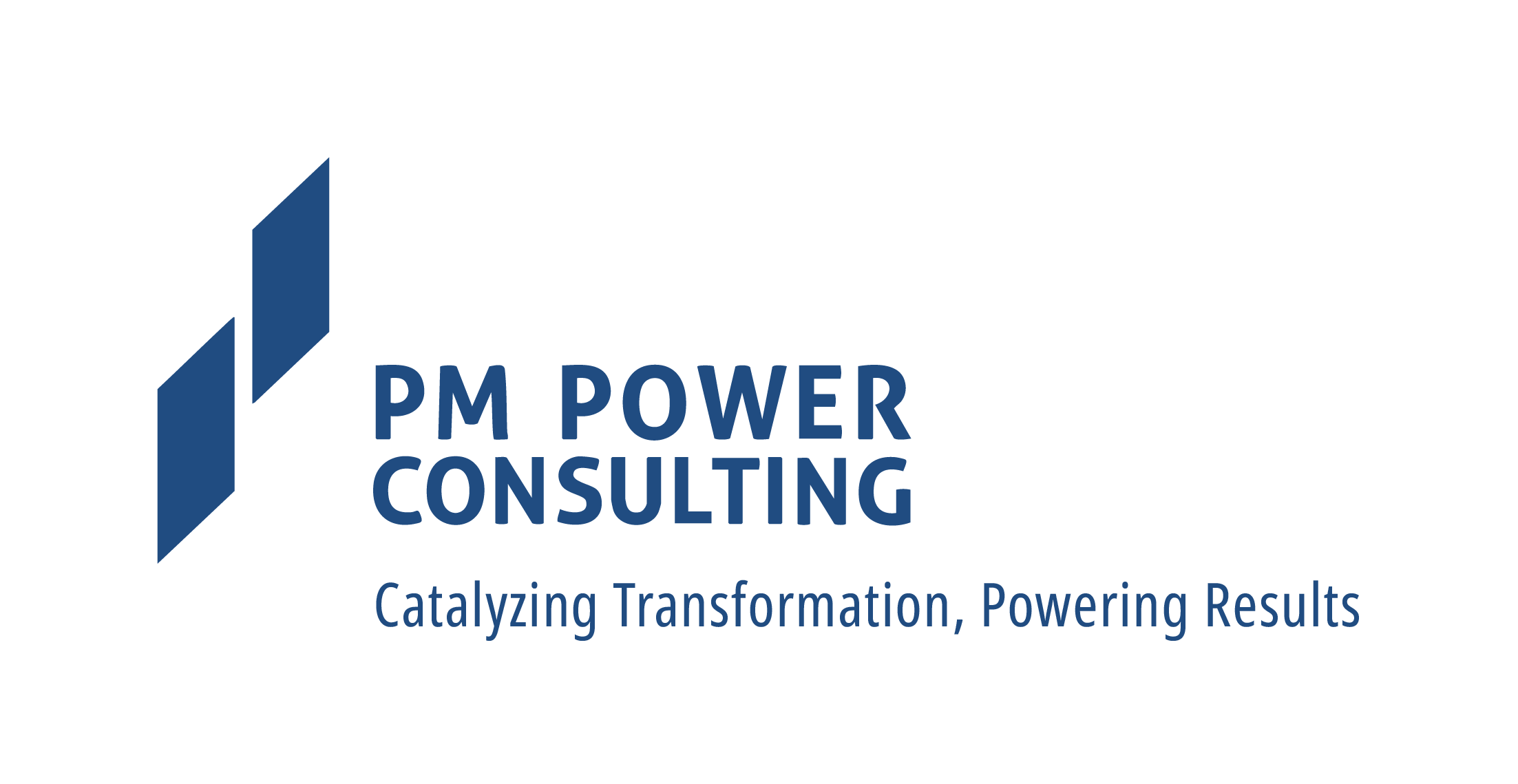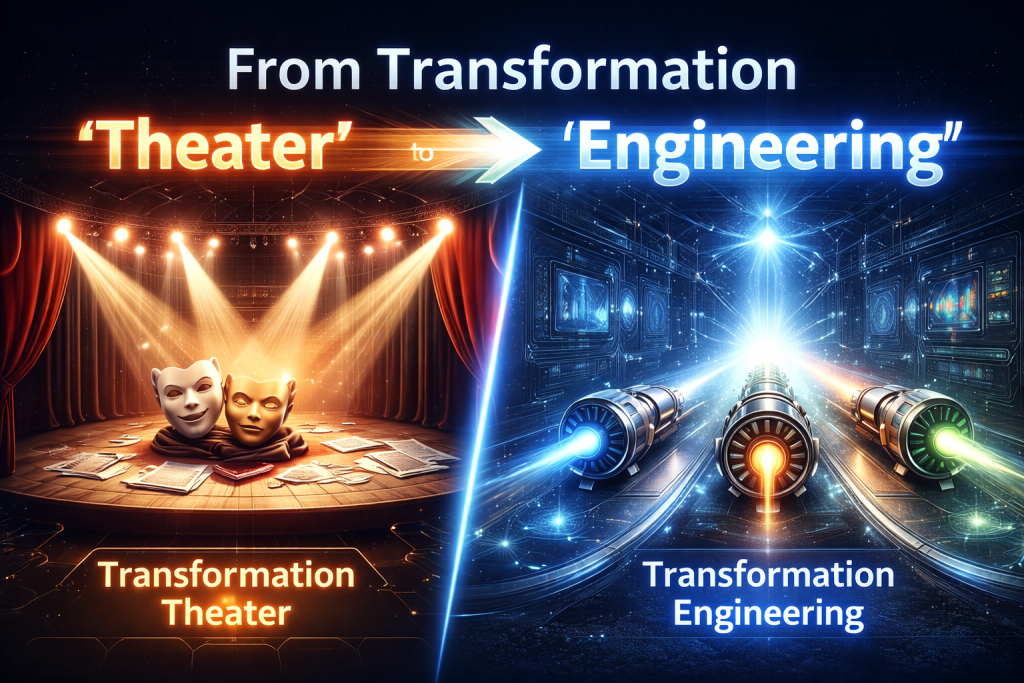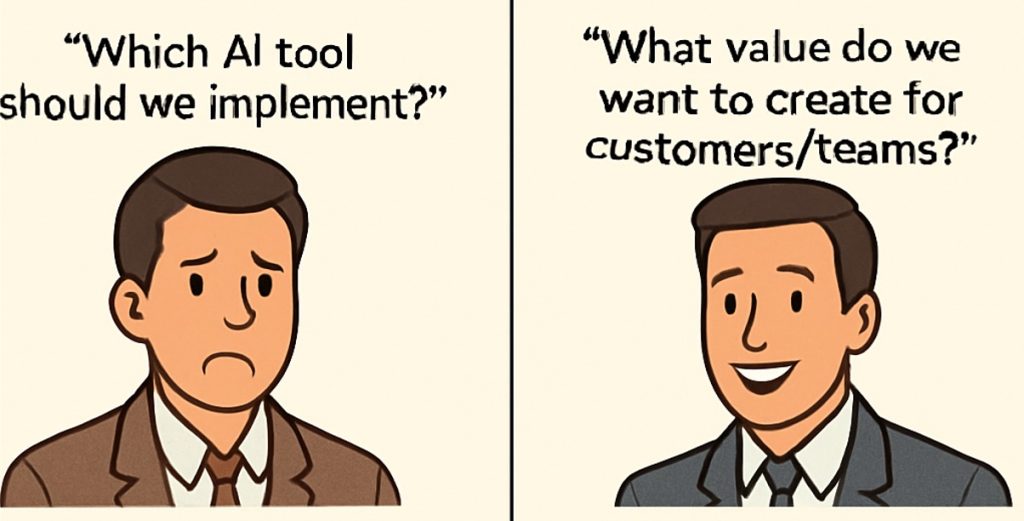Author: McGee – Agile Coach
(These statements are strictly personal and are not those of any Company or Organization)
Recently, I attended an Agile Coaching course. One of the goals of this course was to make the participants aware of and to practice a number of leadership styles. One of these styles was “Mentoring”. In preparation for this part of the course I had to prepare a 20 minute mentoring session that I would sell to the participants and then mentor them on the activity. I thought I would do something fun and mentor them on how to solve the rubix cube. On the day, no one joined my session, I heard comments like “Jeeze, the rubix cube, no way – I’m no good at that kind of thing …”
All of us have insecurities about our own abilities. Think about why you would not want to join the mentoring session on the cube? Maybe thoughts like this go through your head “What if I don’t understand and look stupid? What if I fail? Is there an easier session I could go to that isn’t so hard?” Our biggest critic actually lives between our own two ears, telling us what we can or can’t do!
Physiologists have spent a lot of time studying mindsets. One of my favourite authors is Professor Carol Dweck (Ph.D. Psychology at Stanford University). She talks about the fixed vs the growth mindsets and explains it far better in one slide than I could! Please examine it!
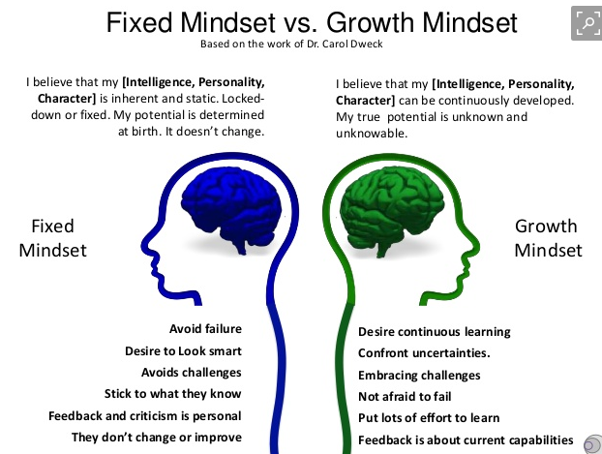
I will paraphrase: Carol’s studies show that if you have a growth mindset – i.e. you view intelligence and talent as something that can grow, like a muscle, then you are more likely to set difficult goals for yourself, view failure as an opportunity to learn, seek new opportunities and work hard to achieve them. People with this mindset believe that no matter how talented you are, you still need to work hard to really succeed. These are the types of people need in the digital age!
Michelangelo, one of the most respected artists of all time, had a growth mindset and understood how hard he had to work. He has a famous quote:
“If people knew how hard I worked to get my mastery, it wouldn’t seem so wonderful at all”.
In contrast, those people with a fixed mindset tend to set less challenging goals for themselves, view failure – as failure, they stick at what they are good at, do not work as hard and avoid change.
Think about the digital age and the rate of change we are all experiencing. When people experience these changes with a fixed mindset, they tend to question their own ability and are worried about others outperforming them. This causes anxiety and constrains the ability to innovate. Teams can also develop a fixed mindset culture and tend to compete instead of collaborate, adding to a silo culture.
All of us carry a fixed mindset in some aspects of our life. These can be described as “unconscious biases” about our own abilities – like the rubix cube. Personally, I have had a fixed mindset for years with languages. I have often said “I’m no good at languages, I’m mathematically minded ….” The result is that I am one of the few people who speak only one language. How many other opportunities did I miss out on because of my fixed mindset?
Having a fixed mindset and an unconscious biases about our own ability is one thing, but unfortunately these unconscious biases also extent to the way we view other people! Our fixed mindset causes us to stereotype people.
How many of us have worked with a person in the past, formed an opinion of them and still have the same opinion of that person today – regardless of the amount time that has passed?
How many of us have an unconscious biases toward Irish, Indians, Chinese, Americans, Managers, Directors, VPs, Developers, QAs, Bikers, footballers, Gamers, Millennials, older people! Whether we like it or not we all thought of something reading this list. Do we exclude hiring people because of this? Do we sometimes hire one of these – but deep down expect them to fail? And when they do fail is this because of them or an unconscious lack of support on our side?
The good news is that a growth mindset can be learned!
Finally, think about your own job. How long have you been doing it? How comfortable are you? When was the last time you went outside your comfort zone and tried to do something new? If you have decided that it is time for a change how many jobs did you look at and feel that you could do some but not all of the tasks so decided not to apply. What if you looked at the job add with an open mind and said to yourself “Well, clearly I cannot do everything required on this job spec, but know I can learn and there will be no one else applying that will be as eager to learn as me. I’m excited to apply for this!” Now imagine carrying that enthusiasm into your job interview! That positivity is infectious!
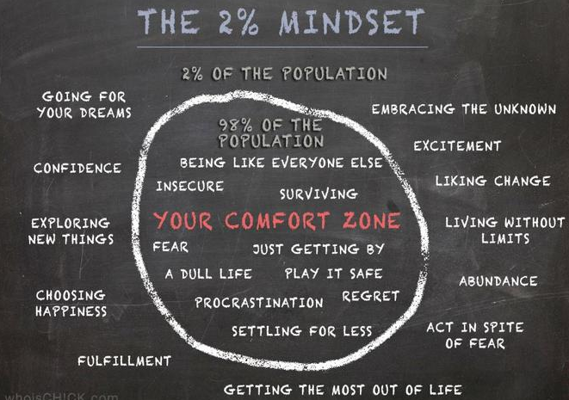
And remember; try to ignore the inner critic in between your ears. As Henry Ford said:
“Whether you think you can, or you think you can’t–you’re right.”
Side notes:
- Linda Rising has a number of videos talking about the “Agile Mindset”. Linda credits Carol Dweck in all her talks. If you have time (40 mins or so), listen to Linda speak. She is great and goes through a lot of the psychology and tests backing up these mindsets.
We are not born with a fixed mindset – this is something that we as parents develop in our children by our action, our behaviours, our language, the way we talk to them and the way we praise them. As an example, when my son was eight I asked him if he wanted to learn the rubix cube. “I’d love to daddy”. A few weeks later he could do it, a few weeks after that he was faster than me. He is no “smarter” than anyone in my mentoring group, he just had a growth mindset.
